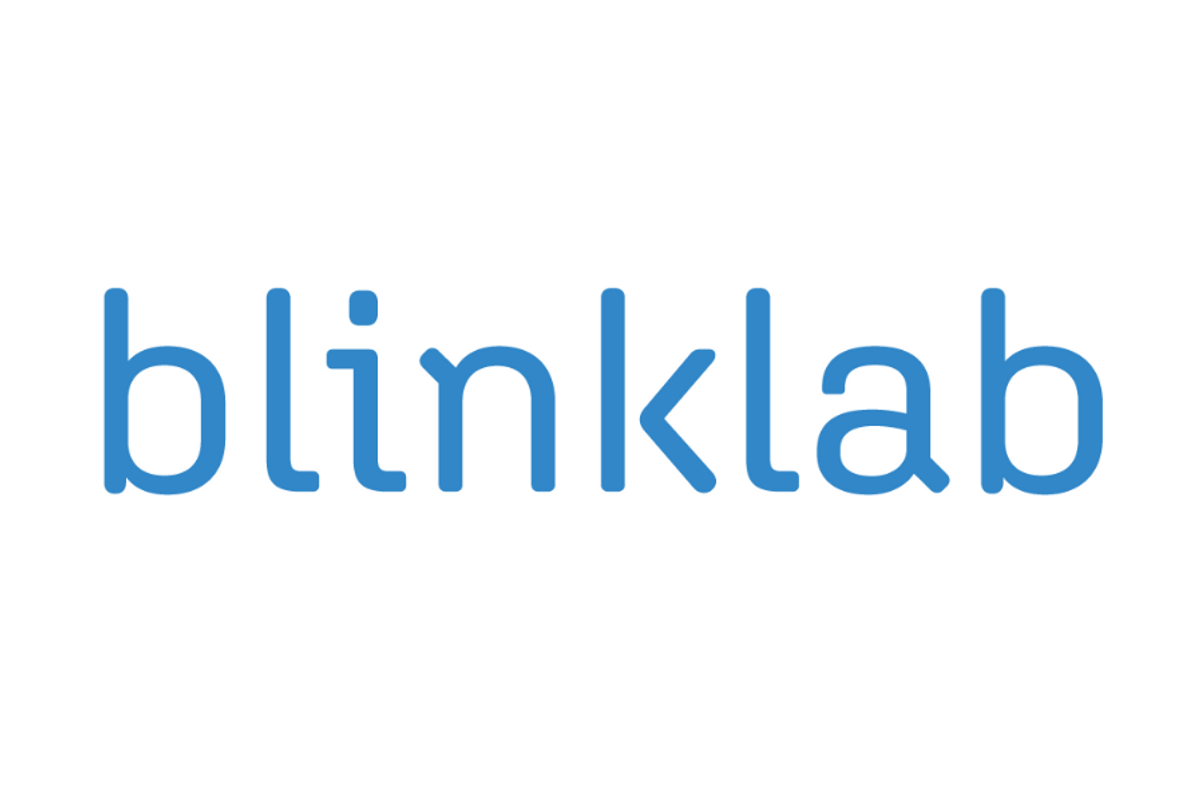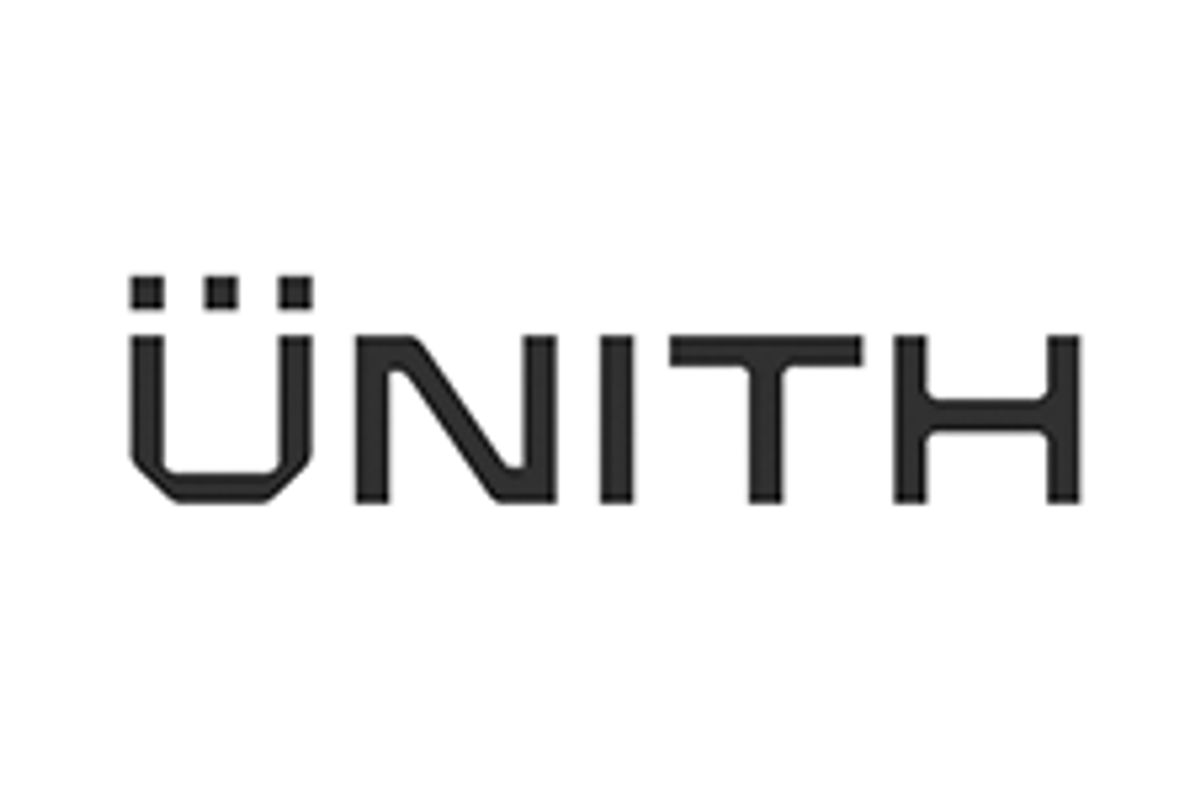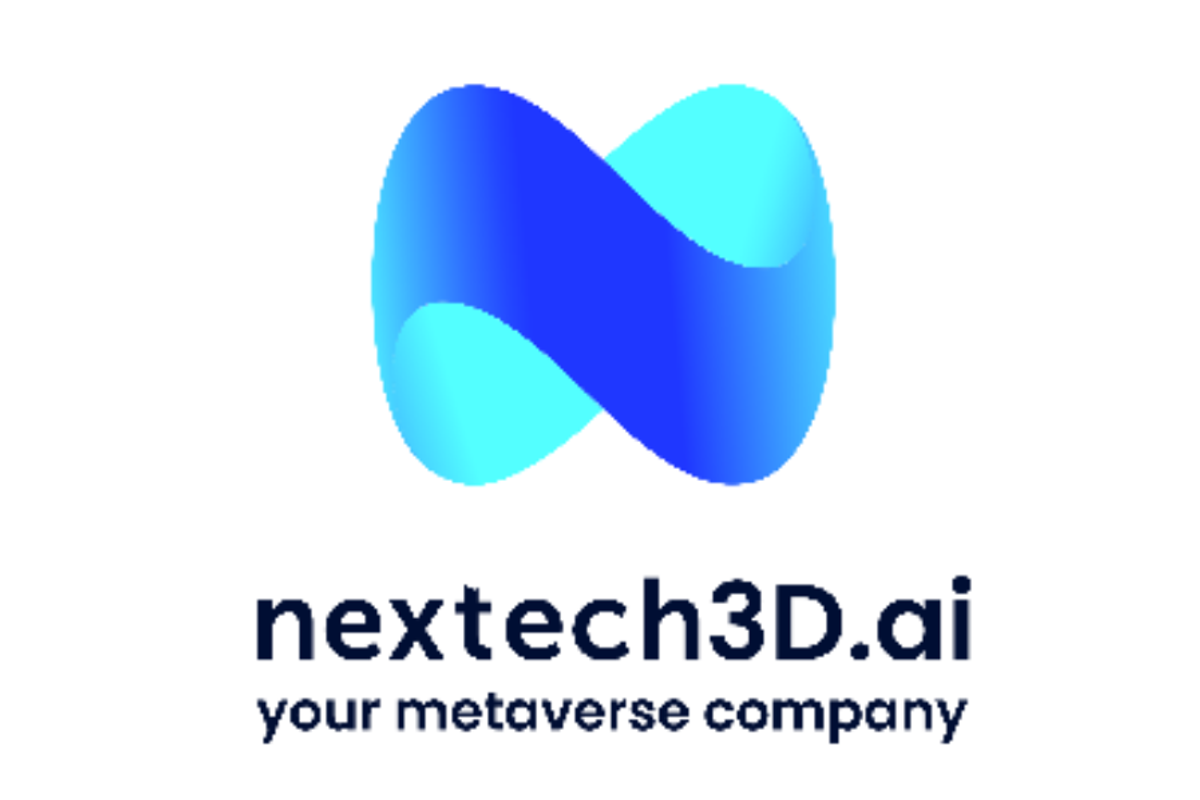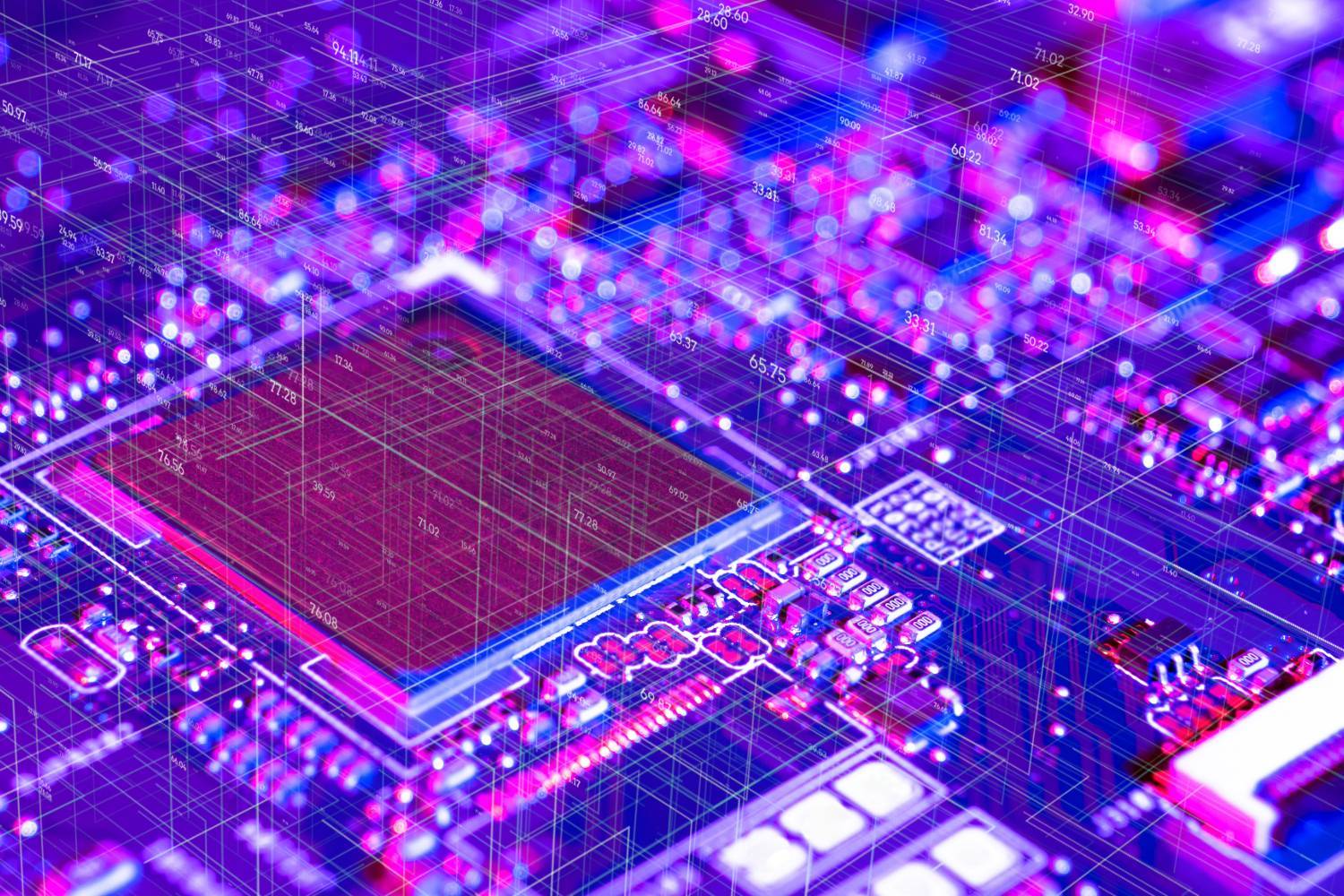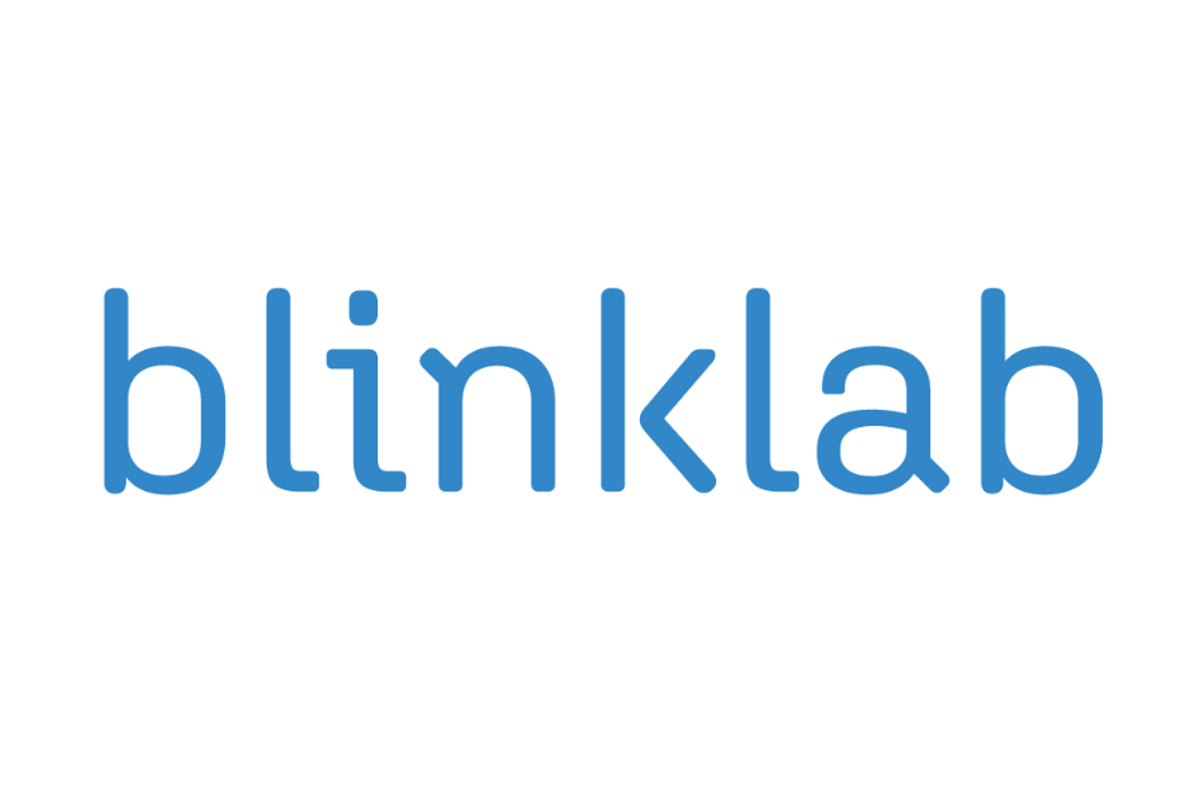
November 18, 2024
BlinkLab Limited (ASX:BB1) (“BlinkLab” or the “Company”), an innovative digital healthcare company developing smartphone-based AI powered diagnostic tests for autism and other neurological conditions, is excited to announce results from the latest study in autism confirming high-accuracy in detecting autism in children ahead of upcoming FDA registrational study.
Highlights
- Analysis of a study conducted in 441 children diagnosed for autism using current standard-of-care protocols showed that ‘BlinkLab Dx 1’ detected autism with an improved sensitivity of 91% and specificity of 85%.
- These results bolster confidence that BlinkLab Dx 1 will surpass the accuracy parameters required for regulatory approval in the upcoming FDA registration trial, scheduled to commence by the end of this calendar year.
- The study is an expansion of the prior study conducted by BlinkLab, in partnership with the Turning Pointe Autism Foundation in Illinois, Princeton University, and the National Center for the Disabled in Morocco. The study was undertaken using the latest version of our digital diagnostic platform, BlinkLab Dx 1, that includes a novel set of digital biomarkers and refined machine learning models.
- This new data highlights BlinkLab Dx 1 potential as a rapid accurate test in the growing autism diagnostics market which is expected to reach $5.41 billion by 2036. A recent industry report shows families face a three-year average wait for autism assessments and 21% of U.S. clinics are unable to accept new referrals due to high demand.
About the study
A multi-center, within-subject comparison study was conducted on 441 children aged 4 to 12 years, including 285 diagnosed with autism and 156 without. This sample size far exceeded the minimum required to power the study for statistical significance.
The study was conducted in accordance with all relevant guidelines and regulations and received approval from the institutional review boards of Princeton University (#13943) and the Faculté de Médecine et de Pharmacie de Marrakech in Morocco (#23/2022).
All neurobehavioral tests were administered using the BlinkLab smartphone-based platform. Assessments included general measures of spontaneous and stimulus-evoked postural, head, facial and vocal responses, as well as specific neurometric tests like prepulse inhibition and startle habituation. Each child completed two 15-minute sessions while watching an engaging video content, with auditory stimuli delivered via headphones. During each session, computer vision algorithms tracked and recorded the position of the children’s facial landmarks over time. Analysing spontaneous and stimulus-evoked responses along with prepulse inhibition and startle habituation performance, our machine learning algorithms achieved a sensitivity of 91% and specificity of 85%. This is a substantial improvement compared to the 85% and 84%, respectively, we reported in our previous study (ASX Announcement, 2 April 2024 – BlinkLab Prospectus 2024, page 47). The BlinkLab Dx 1 model also demonstrated robust and consistent performance across gender and age groups.
The results indicate that BlinkLab’s smartphone-based testing effectively identifies sensory sensitivities in children with autism, highlighting the potential of non-invasive digital biomarkers as a diagnostic aid for autism. Additionally, they reflect the benefits of BlinkLab's institutional collaborations over the past year, which have contributed to the ongoing training and refinement of our diagnostic models.
Significance of the project
Deficits in sensory processing represent a core feature of autism, which is typically assessed through subjective observations such as questionnaires or parent-child interviews and are susceptible to geographic and socio-economic biases. An objective approach to quantify sensory sensitivity is now possible through digital neurometric evaluations. The clinical application of these sensory assessments has been confined largely to laboratory settings that use fixed equipment to provide a stable test environment making it impossible to use at scale for clinical diagnosis. This study demonstrates that fast, scientifically validated smartphone- based tests can be widely deployed in clinical settings remotely and at scale. Unlike current time-intensive and costly multidisciplinary assessments which rely on specialist expertise and are often difficult to access, BlinkLab Dx1 test offers a more efficient and accessible alternative. Current wait times for a formal autism diagnosis using standard-of-care methods often extend up to three years, with individual assessments taking as long as eight hours to complete. Studies show that these delays impose a significant economic and healthcare burden on affected families and communities.
Click here for the full ASX Release
This article includes content from Blinklab Limited, licensed for the purpose of publishing on Investing News Australia. This article does not constitute financial product advice. It is your responsibility to perform proper due diligence before acting upon any information provided here. Please refer to our full disclaimer here.
BB1:AU
The Conversation (0)
25 September 2024
BlinkLab Limited
Revolutionising Mental Health Care Through Mobile Solutions
Revolutionising Mental Health Care Through Mobile Solutions Keep Reading...
01 May 2025
Successful Placement of A$7.66M to Underpin Growth Strategy
BlinkLab Limited (BB1:AU) has announced Successful Placement of A$7.66M to Underpin Growth StrategyDownload the PDF here. Keep Reading...
29 April 2025
Trading Halt
BlinkLab Limited (BB1:AU) has announced Trading HaltDownload the PDF here. Keep Reading...
27 April 2025
Quarterly Activities/Appendix 4C Cash Flow Report
BlinkLab Limited (BB1:AU) has announced Quarterly Activities/Appendix 4C Cash Flow ReportDownload the PDF here. Keep Reading...
31 March 2025
BlinkLab Surpasses Key Milestone in Pivotal U.S. Trial
BlinkLab Limited (BB1:AU) has announced BlinkLab Surpasses Key Milestone in Pivotal U.S. TrialDownload the PDF here. Keep Reading...
30 March 2025
Trading Halt
BlinkLab Limited (BB1:AU) has announced Trading HaltDownload the PDF here. Keep Reading...
04 February
AI Infrastructure Moving to the Edge to Transform User Experience
While the first phase of the AI gold rush was defined by massive investments in centralized data centers, 2026 is about proving those billions can translate into fast, reliable AI that people will use every day. One Canadian startup, PolarGrid, is betting that the answer lies at the edge rather... Keep Reading...
29 January
Quarterly Activities/Appendix 4C Cash Flow Report
Unith (UNT:AU) has announced Quarterly Activities/Appendix 4C Cash Flow ReportDownload the PDF here. Keep Reading...
20 January
The Performance Chasm: Is the AI Rally Over or Just Shifting Gears?
The investment landscape of 2025 will be remembered for its historic divide, where the widespread boom in artificial intelligence (AI) created a tale of two worlds in the stock market.On one side, the Magnificent 7 and specialized players like Palantir Technologies (NASDAQ:PLTR) drove massive... Keep Reading...
20 January
Nextech3D.ai Scales National Event Infrastructure to 35 Major U.S. Cities; Launches 58 New AI-Ready Experiences to Meet Enterprise Demand
Strategic Integration of Generative AI 'Semantic Memory' via OpenAI and Pinecone Vector Database Supports Rapid Expansion of Corporate Engagement Platforms TORONTO, ON / ACCESS Newswire / January 20, 2026 / Nextech3D.ai (OTCQB:NEXCF)(CSE:NTAR,OTC:NEXCF)(FSE:1SS), a leader in AI-powered event and... Keep Reading...
16 January
Tech Weekly: Chip Stocks Soar on Taiwan Semiconductor Earnings
Welcome to the Investing News Network's weekly brief on tech news and tech stocks driving the market. We also break down next week's catalysts to watch to help you prepare for the week ahead.Don't forget to follow us @INN_Technology for real-time news updates!Securities Disclosure: I, Meagen... Keep Reading...
16 January
Nextech3D.ai Partners with BitPay to Power Crypto and Stablecoin Payments for Events
Company Strengthens Event Tech Infrastructure with Milestone AWS Migration and Enhanced Blockchain CredentialingAWS Cloud Infrastructure OptimizationSmart Contract UniformityFlexible Asset Standards ERC721/ ERC1155 TORONTO, ON AND NEW YORK CITY, NY / ACCESS Newswire / January 16, 2026 /... Keep Reading...
Latest News
Interactive Chart
Latest Press Releases
Equity Metals Exhibiting at the 2026 PDAC
06 February
Related News
TOP STOCKS
American Battery4.030.24
Aion Therapeutic0.10-0.01
Cybin Corp2.140.00
